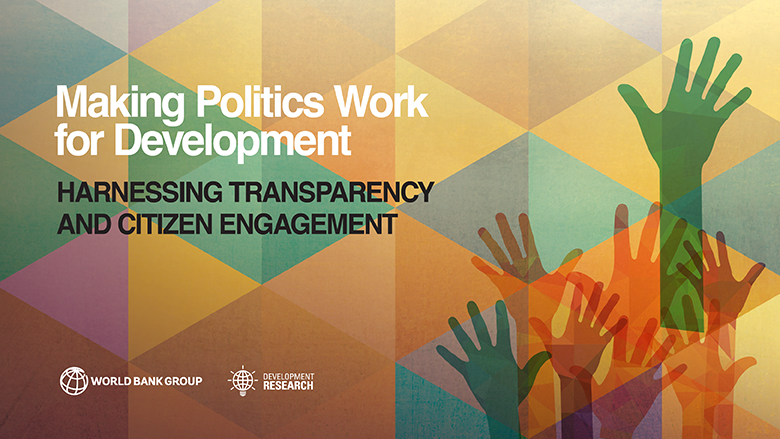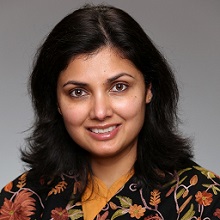In today’s participative world, citizens are not only queueing at voting booths, but are also taking to the streets and using modern communication technology to select, sanction, and pressure the leaders who wield power within government. This political engagement can function in highly nuanced ways even within the same formal institutional context and across the political spectrum, from autocracies to democracies. Political engagement becomes unhealthy when leaders are selected and sanctioned on the basis of their provision of private benefits rather than public goods, giving rise to a range of government failures.
The solutions to these failures lie in fostering healthy political engagement within any institutional context, and not in circumventing or suppressing it. Transparency—citizen access to publicly available information about the actions of those in government and the consequences of these actions—can play a crucial role by nourishing political engagement. The report distills policy lessons for governments, international development partners, and civil society on how best to target transparency initiatives so that the provision of public goods becomes the focus of political contestation.






